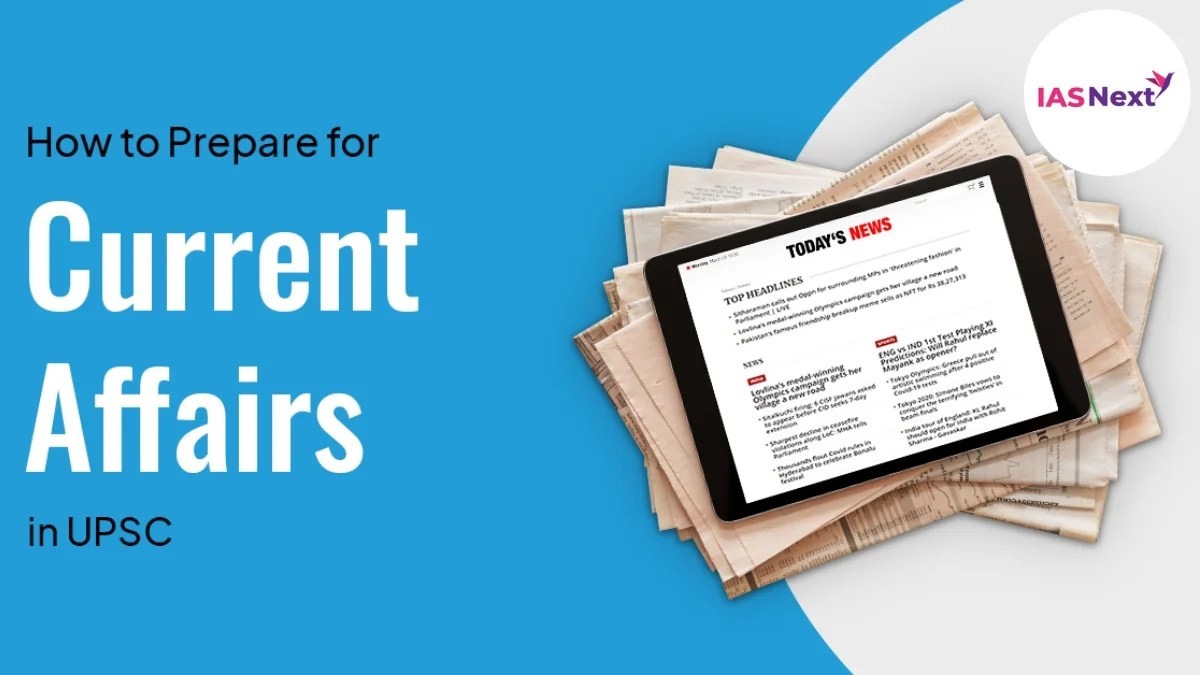



How to Prepare Current Affairs for UPSC? And Crucial Current Affairs Topics for UPSC 2024: A Comprehensive Guide

Introduction:
Comprehensive Preparation Strategy:
Read Major Newspapers:
Choose the Best Newspaper:
Important: The Hindu and Indian express UPSC Special.
Utilize Magazines:
Government Reports:
Focus on Important Events:
Note-Making:
Consistent Revision:
Limit Sources and best online platform
Link: https://www.iasgyan.in/daily-current-affairs
Crucial Current Affairs Topics for UPSC CSE 2024
These topics are:
International Relations
Indian polity
Economy
Geography
Art and Culture
Environment &Ecology
Science& Technology
All the best
© 2025 iasgyan. All right reserved